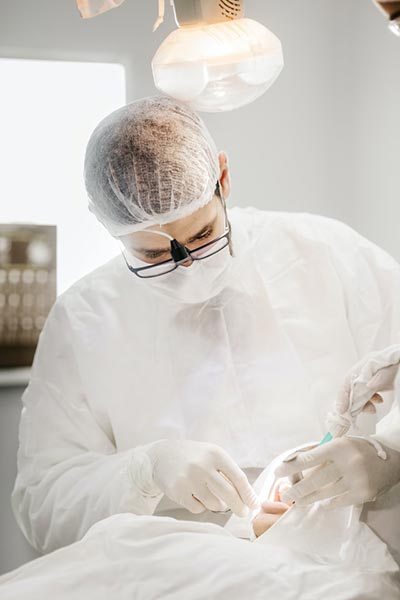What Would Be Considered a Dental Emergency?
 Most people don’t realize that dental problems have the potential to become much more significant over time when left untreated. This is why it’s crucial to be able to identify accurately what is a dental emergency and what isn’t. Dental emergencies are classified as any situation in which you feel your life is in immediate danger. Common symptoms of a dental emergency include bleeding, broken jaw, lost fillings, and more.
Most people don’t realize that dental problems have the potential to become much more significant over time when left untreated. This is why it’s crucial to be able to identify accurately what is a dental emergency and what isn’t. Dental emergencies are classified as any situation in which you feel your life is in immediate danger. Common symptoms of a dental emergency include bleeding, broken jaw, lost fillings, and more.
Some several different conditions and ailments can affect your teeth’ health at any given moment. While some dental problems can be considered small, others are much larger and require that you seek medical assistance as soon as possible to resolve them. Before seeking emergency assistance with your dental problems, it’s essential to identify exactly what constitutes a dental emergency.
What is classified as a dental emergency?
There are various things that can be classified as a dental emergency. To classify your condition as a dental emergency, you must be experiencing symptoms that can negatively affect your life. If you can validate your experience as a dental emergency, you need to seek professional assistance as soon as possible.
For those who have been experiencing weird dental symptoms, you’ll want to continue reading to find out how to solve all of the problems you may be facing with your dental condition.
What exactly is a dental emergency?
Generally speaking, a dental emergency can be classified as any situation that involves uncontrollable bleeding, facial bone trauma, and more. If you have any of these symptoms, you must contact your local emergency room or dental specialist as soon as possible. One thing to remember is that there are two main classifications for dental problems.
Urgent dental procedures are less time-sensitive than emergency dental care. Urgent dental care procedures are exactly what they sound like; they are urgent. When trying to classify “what would be considered a dental emergency?” you must be facing a life-threatening situation.
Here are some of the most common dental emergencies:
⦁ Injuries affecting your gums
⦁ A fractured jawline
⦁ Lost filling
⦁ Abscess
⦁ Partially Dislodged Tooth
These are all some of the most common signs that you need to seek immediate dental care for your condition. As always, it’s best for you to speak with a dental professional who will be able to assist you with identifying exactly what type of assistance you need.
If you experience excruciating pain symptoms in addition to your teeth falling out, this is one of the tell-tale signs that you are going through a dental emergency that requires immediate attention.
Handling your dental needs
Depending on the specific type of dental emergency you’re going through, some hospitals may prescribe you with antibiotics to treat your condition while others may use alternative medicine forms. Not all dental problems require immediate care and attention, so you want to make sure that your situation is a life or death one before stepping foot into a hospital.
People Also Ask
Q: What counts as a dental emergency?
A: Dental emergencies are classified as any incident involving your mouth, which requires immediate medical attention and treatment. Severe pain and bleeding are some of the most common signs of a dental problem that can be considered an emergency.
Q: What is the most common dental emergency?
A: Some of the most common dental emergencies include: cracked teeth, broken jaw, knocked out tooth, and your temporary dental crowns have fallen off.
Q: What will the ER do for a tooth infection?
A: in instances where you are suffering from a bacterial tooth infection, most emergency rooms will provide you with antibiotics. Emergency rooms can also help you with fractured or broken teeth.
Are you dealing with a dental emergency?
Now that we’ve answered all of the essential questions about what would be considered a dental emergency, assess your symptoms so that you will be able to accurately determine whether or not you need to seek immediate attention. Before stepping foot into a hospital, ask yourself these two simple questions “Are the symptoms I’m experiencing life-threatening?” and “Do I have any of the common signs that indicate a dental emergency?” Contact Dr. Dalesandro for more information.
Frequently Asked Questions
How often should I brush my teeth?
Does a root canal hurt?
What does an abscessed tooth feel like?
Why are my teeth so bad even though I brush?
How long do dental implants take to heal?
Can gum disease cause cancer?
How much do braces cost?
How Long Can a Cavity Wait to Get Filled?
